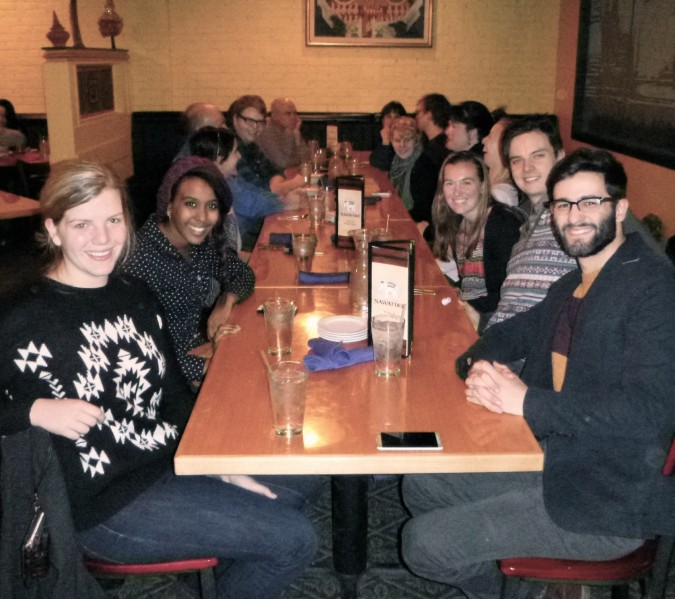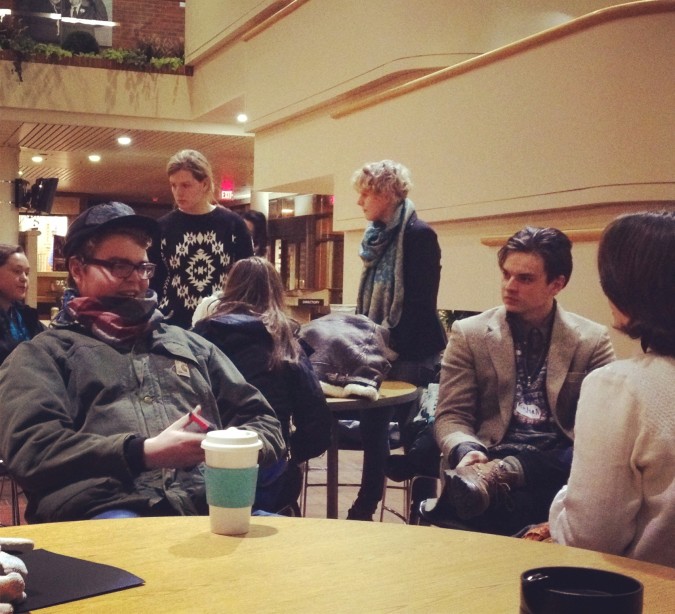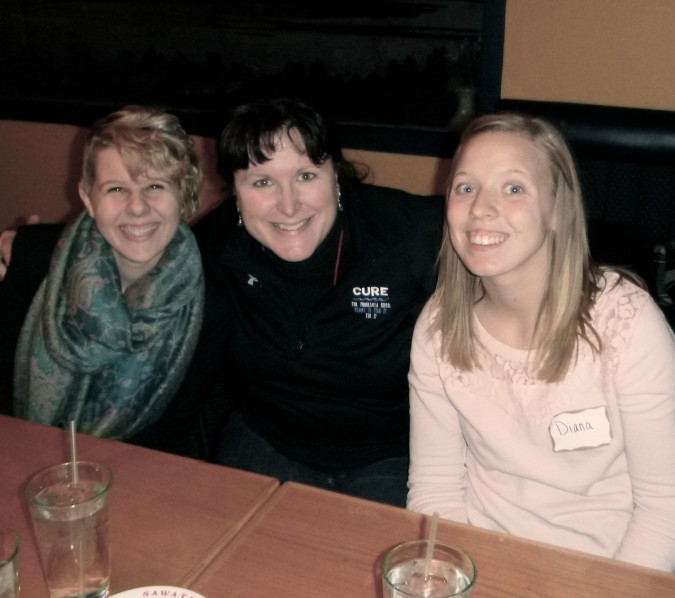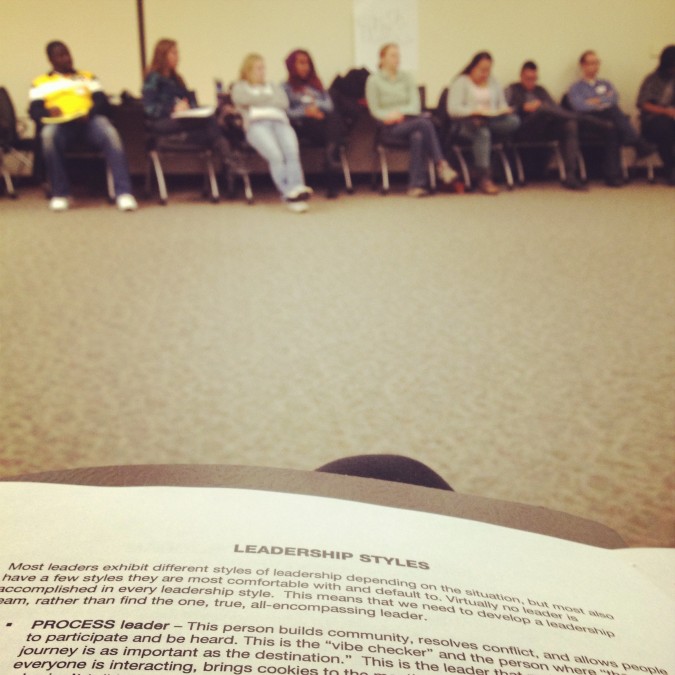
By Erik Hatlestad, MPIRG Morris Campus Organizer
As someone who has always been interested in politics and policy and as someone who holds the late Senator Paul Wellstone in high regard, I had been waiting for years to have the opportunity to attend Camp Wellstone. So, when CURE offered the students of MPIRG (Minnesota Public Interest Research Group) at the University of Minnesota, Morris and me a chance to attend the training, I could barely contain my excitement. On the weekend of January 17th, I joined CURE staff and eight students from MPIRG Morris at the Humphrey School of Public Affairs for a weekend of learning and fellowship.
Camp Wellstone

Camp Wellstone is organized by Wellstone Action, an organization founded in memory of the late progressive hero Paul Wellstone, which aims to train progressive activists, campaign workers, and candidates to do politics the “Wellstone way.” During the course of the weekend, we had the opportunity to meet many other individuals working for progressive change in their communities from Toronto to North Carolina and learn both from and with them. ‘Campers’ were divided into three different training groups—the grassroots organizers, the campaign workers, and the candidates—to engage in specific scenarios and exercises. The training topics ranged from concise messaging to campaign strategy to best practices for fundraising.
“Camp Wellstone was the most effective training experience I’ve ever had,” said Jordan Wente, a junior at the University of Minnesota, Morris. “I know I want to dedicate my life to progressing my community, and the Camp introduced me to a million ways by which I can do it.”

One of the most memorable pieces of information from this weekend for me was learning the nuts and bolts of a power map. A power map is a visual tool used to help gauge community relationships, determine levels of support in decision-makers, and allocate campaign resources. Creating such a tool is both time and resource intensive, but it is a great way to plan your efforts to ensure future continuity and strategic strength. We discussed at length the importance of strategic planning and having the infrastructure (such as a power map) to pivot or readjust if the plan goes awry.
Leadership in Western Minnesota
 “As CURE moves forward, it is essential that we, as CURE staff and members, recognize and cultivate the leadership potential in the people we engage with on a daily basis within our local communities,” explained Sarina Otaibi, CURE’s Director of Communications and Engagement. “Camp Wellstone provided those who attended this camp with the tools necessary to do just that out here in rural Minnesota.”
“As CURE moves forward, it is essential that we, as CURE staff and members, recognize and cultivate the leadership potential in the people we engage with on a daily basis within our local communities,” explained Sarina Otaibi, CURE’s Director of Communications and Engagement. “Camp Wellstone provided those who attended this camp with the tools necessary to do just that out here in rural Minnesota.”
It is absolutely imperative that these types of opportunities are available to as many people as possible. Producing more well-trained progressive activists and organizers in Western Minnesota will help our campaigns for positive change in our communities be more successful. The skills that we learned and refined over the Camp Wellstone weekend will be expedient for our organizing and policy efforts across Western Minnesota.

